During his most recent sojourn in Indonesia, Prime Minister Albanese may have found time to notice that nation’s national slogan ‘Unity in Diversity’. Thought up during the tumult of the birth of the new republic, it was meant to envisage a future for all peoples of the numerous islands, from etiquette-obsessive Javanese to ebullient Bataks, to Hindu Balinese and Christian or Confucian Sino-Indonesians, Peranakan, descendants of Chinese traders.
If Mr Albanese did not stop to give thought to that simple, but prescient slogan, he should have.
Despite some terrible massacres of the past, which brought the generals to power for decades, Indonesia has, pretty well held it together where race relations are concerned.
There were rules, of course. Even today, Indonesians align themselves into one of five religious allegiances – atheism is officially deemed a no-no.
So why, when our neighbours are trying to heal the sins of the past, is our government trying to create divisions based on race (even while this is being robustly denied)?
Mr Albanese’s ‘modest proposal’ for the Voice to Parliament does not make sense to those of us who fall between the First and Second Nation categories; neither Aboriginal/Indigenous nor Anglo-Saxon-Celtic but drawn from the multitude of communities which, in the days when ‘multiculturalism’ was a revered Labor icon, make up our Australian nation.
My parents, from the tiny Sri Lankan Dutch-Burgher community, arrived as ‘New Australians’ somewhere in the 1950s. They lived on Brisbane Street where Italian, Polish, German, and a couple of Yugoslav dialects were heard more often than English.
Children translated for mothers, nonnas, or yia yias but all played together and learned to adapt and get along. Now, almost half a century later, there is a rancour, a spitefulness based, I think, on fear, the fear of being displaced, pushed a rung or two down the ladder because we are no longer seen as ‘real’ Australians, somewhere behind ‘First Nations’ and ‘Second Nation’ to an uncomfortable Third.
Does it matter that our forebears did not perpetrate injustices on people who had arrived on this continent earlier? Ask a new migrant what the Voice is about and he or she will likely be totally confused. As, indeed, many several-generations-settled Australians are, because we are being asked to vote on something that may affect our future, our children’s futures, and change our way of life is just a few months away.
Will it mean, for instance, that someone who can ‘prove’ Indigenous heritage from some centuries ago, might be given preference to the university of first choice, above someone who cannot prove that heritage? What about housing, medical services, and recruitment to the public and private services? Will our passports need to be identified in some way, to differentiate some Australians from other Australians? Orwell’s ‘All animals are equal but some animals…’ invariably comes to mind.
This is the stuff of nightmares when you think about some of the excesses of what preferential treatment of some citizens led to, in past centuries.
Set into the constitution, it would take a huge political will to reverse. We have always had intermarriage and have been lucky to avoid race-based conflicts that have torn apart other, less fortunate nations. A constitutionally-based ruling that divides people on grounds of race is simply inequitable, not least to those it seeks to favour.
I was too young to understand the complexities of race-based policies when my parents left the tiny, exquisite island, home to my community for over 300 years.
Under the-then Prime Minister SWRD Bandaranaike, Sri Lanka, formerly Ceylon, began a not-so-slow extraction of all those not of Buddhist-Singhalese heritage from all public and most private positions. He was assassinated, ironically enough, by a rabid Buddhist monk who felt his politics did not go far enough to favour the island’s majority race.
The outcome, repeated over time elsewhere, was diaspora, caused not by war or natural disasters, but by deliberate, governmental policies that gave preference to one racial and religious group over another. Australia took my family in and for that, I will always be grateful. Raw, race-based divisions take generations to heal, and for whatever the future holds, we surely must remain united, taking strength and reassurance from our diversity.
Got something to add? Join the discussion and comment below.
Get 10 issues for just $10
Subscribe to The Spectator Australia today for the next 10 magazine issues, plus full online access, for just $10.

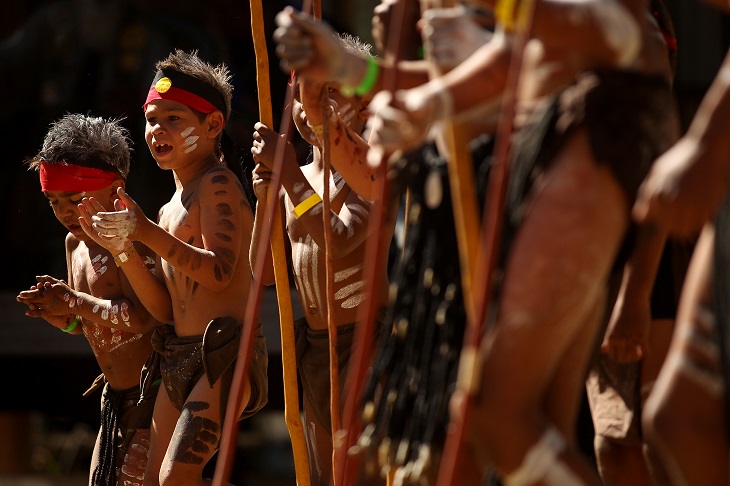

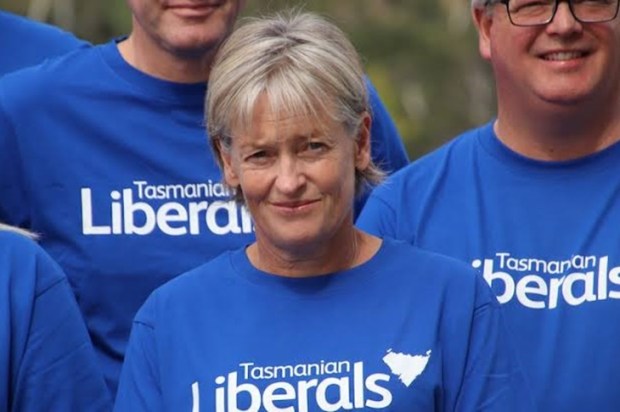
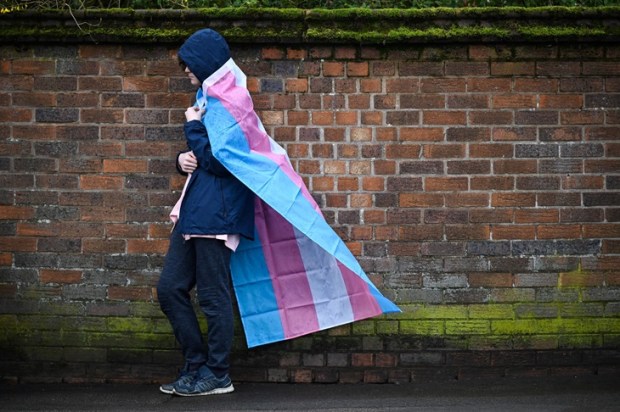
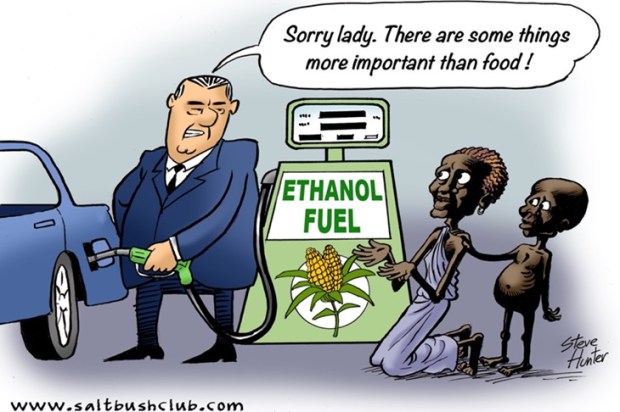
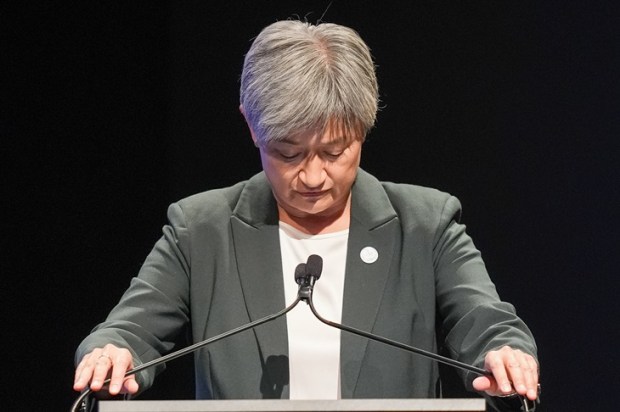



















Comments
Don't miss out
Join the conversation with other Spectator Australia readers. Subscribe to leave a comment.
SUBSCRIBEAlready a subscriber? Log in